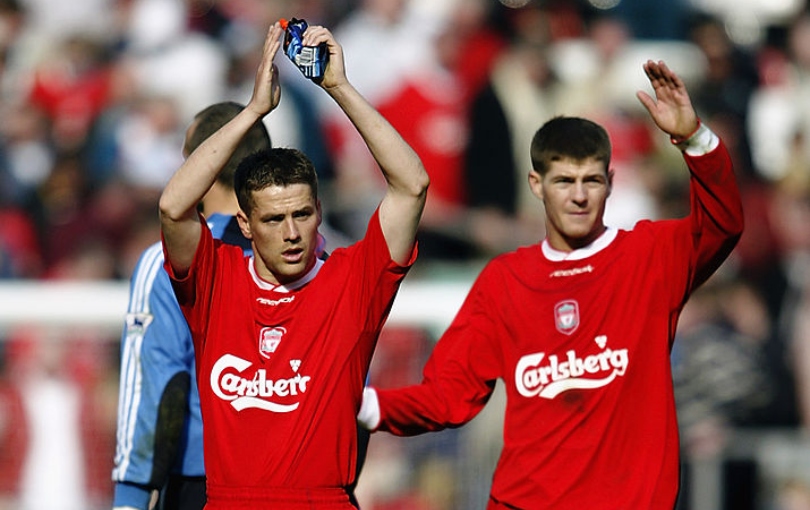LMA fighting to stem flow of sackings
LONDON - As Kenny Dalglish can attest after two defeats in his first two games back in charge of Liverpool, a change of manager does not always lead to an improvement in results.

But despite overwhelming evidence showing managerial changes actually lead to a decline in performance, English football clubs are going through bosses at an unprecedented rate.
In what League Managers Association (LMA) chief executive Richard Bevan describes as "chronic short-termism", 29 managers have left their jobs this season, including 11 since Christmas.
"The average tenure of dismissed managers across England's four divisions has dropped from 3-1/2 years in 1992 to 16 months last season," Bevan told Reuters in an interview.
"The lifespan of a first-time manager averages half that, with half of those dismissed never getting a second job."
Research carried out by the Warwick Business School's Sue Bridgwater shows that after a brief 'honeymoon period' when results pick up under a new boss, clubs quickly revert to their pre-sacking form.
She compared performances before and after the sacking of a manager since the Premier League's formation in 1992 and found that while a new boss led to a gain of about three points over 12 games, results were then poorer than pre-change levels.
"It is obviously up to club chairmen who they hire and fire but the statistics show that a club is likely to end up worse off when they sack their manager," said Bevan.
Get FourFourTwo Newsletter
The best features, fun and footballing quizzes, straight to your inbox every week.
FEWER POINTS
"They get fewer points and are often significantly out of pocket due to money spent on compensation. Clubs in lower leagues simply cannot afford to keep sacking managers."
That also applies to the Premier League if media reports that seven million pounds was handed to Roy Hodgson by Liverpool after they sacked him six months into a three-year contract are accurate.
Bevan is hugely frustrated that clubs do not take more notice of how Manchester United have flourished under the long-term stewardship of Sir Alex Ferguson.
The Scot endured a rocky period after arriving in 1986 and was trophyless for four years.
However, United kept faith with him and have been rewarded with silverware and riches beyond their wildest dreams.
Ferguson, also bemused by the high turnover amongst his colleagues, said this week the changing ownership model had much to answer for.
"You have all different types of cultures coming into the game now and running clubs and I don't think they have the same patience as older generations," he said.
In the 25 years Ferguson has been at United, the LMA says 1,023 managers have left their posts for various reasons, an astonishing average of over 11 per club.
"It is certainly in clubs' best interests to look to the medium to long-term with their managerial appointments," said Bevan, whose organisation is pressing clubs to set up the sort of regular assessment against "realistic goals" that is commonplace in the business world.
OWNERS' PLAYTHINGS
"There is now a trend for owners rather than chairmen or C
